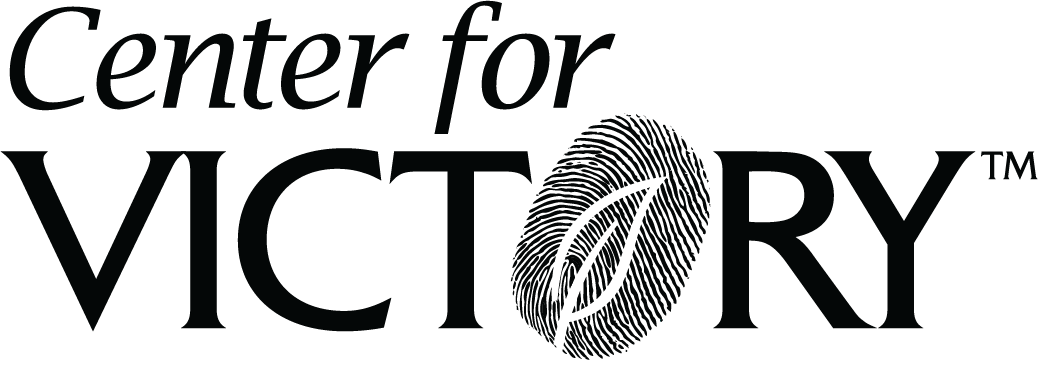
What Does It Take To Create Capabilities-Focused Teams?
Capabilities has been a popular buzzword in 2018. Companies are seeking to identify and train employees that have specific, needed capabilities that can drive strategy execution.
To be coherent, companies need to develop teams and strategies in tandem. Your staff development and leadership development programs will drive your strategy. At the same time, your business strategy will drive your development and recruitment efforts.
What does it take to create capabilities-focused teams? At its base, according to PricewaterhouseCoopers’ Jon Katzenbach, is a commitment to real teams, defined as having the following traits:
• All members have a high emotional commitment to the team’s purpose and goals.
• Leadership roles shift easily and effortlessly among team members, driven by skills, experiences and the task or issue at hand.
• Team members must hold each other accountable for the quality of their work.
Real teams are a powerful force, allowing for capabilities to emerge and thrive in a supportive environment. Such teams tamp down personal prejudices and other affiliations to focus on the work outcomes.
McKinsey has developed a four-point strategy for creating capabilities. The focus needs to be placed on creating capabilities that are focused on generating value and should be tailored to the company’s unique starting point.
The four core principles are:
1. Identify what’s holding you back
The enterprise needs to set the agenda, usually from the top. The agenda needs to focus on the necessary skills that will meet strategic goals. The developed program needs to be focused, targeted, comprehensive and effective. It has to show sustained, visible and clear results on a daily basis.
Capabilities need to improve individual, team, and institutional outcomes. Capabilities need to allow individuals to work better and teams to function better. Institutionally, business units and other groupings need to improve processes and support structures to optimize performance.
2. Adult and experiential learning matters
Enterprises need to give their employees the skill sets that will matter. That means providing practical, real-world applications of solutions that allow employees to use new skills in realistic settings.
Lectures and demonstrations may be necessary in some cases, but hands-on testing and simulations are better for long-term results.
3. Use pilot programs
Companies need to identify and deploy small pilots to fine-tune and test emerging skills. These pilot programs allow executives to evaluate the anticipated process or savings improvements. Employees can test out newly acquired skills in real situations.
Leaders need to be wary about moving too quickly with pilots to ensure that real results are being evaluated. And scaling is often complex and requires careful planning and resources to be done effectively.
4. Rework the DNA
For capabilities to take hold and become a routine part of the corporate culture, evolution and resiliency have to become a part of the company DNA. Companies should embrace a culture of continuous improvement, positioning it as a strategic, smart approach to responding to evolving competitive forces and customer expectations.
Capabilities are a powerful part of the modern enterprise. At Center for Victory, we help companies identify and nurture talent to transform work. Contact us to see how our assessment tools can transform your organization.
From December 28, 2018
Search Posts
Subscribe!
Recent Posts
- Episode 194: From Fear to Fulfillment October 23, 2024
- Episode 193: Recipes for Success October 15, 2024
- Episode 192: The Power of Positivity and Laughter October 8, 2024
- Episode 191: Once Lost, Finally Found October 1, 2024
- Episode 190: Finding Your Strategic Advantage September 24, 2024
